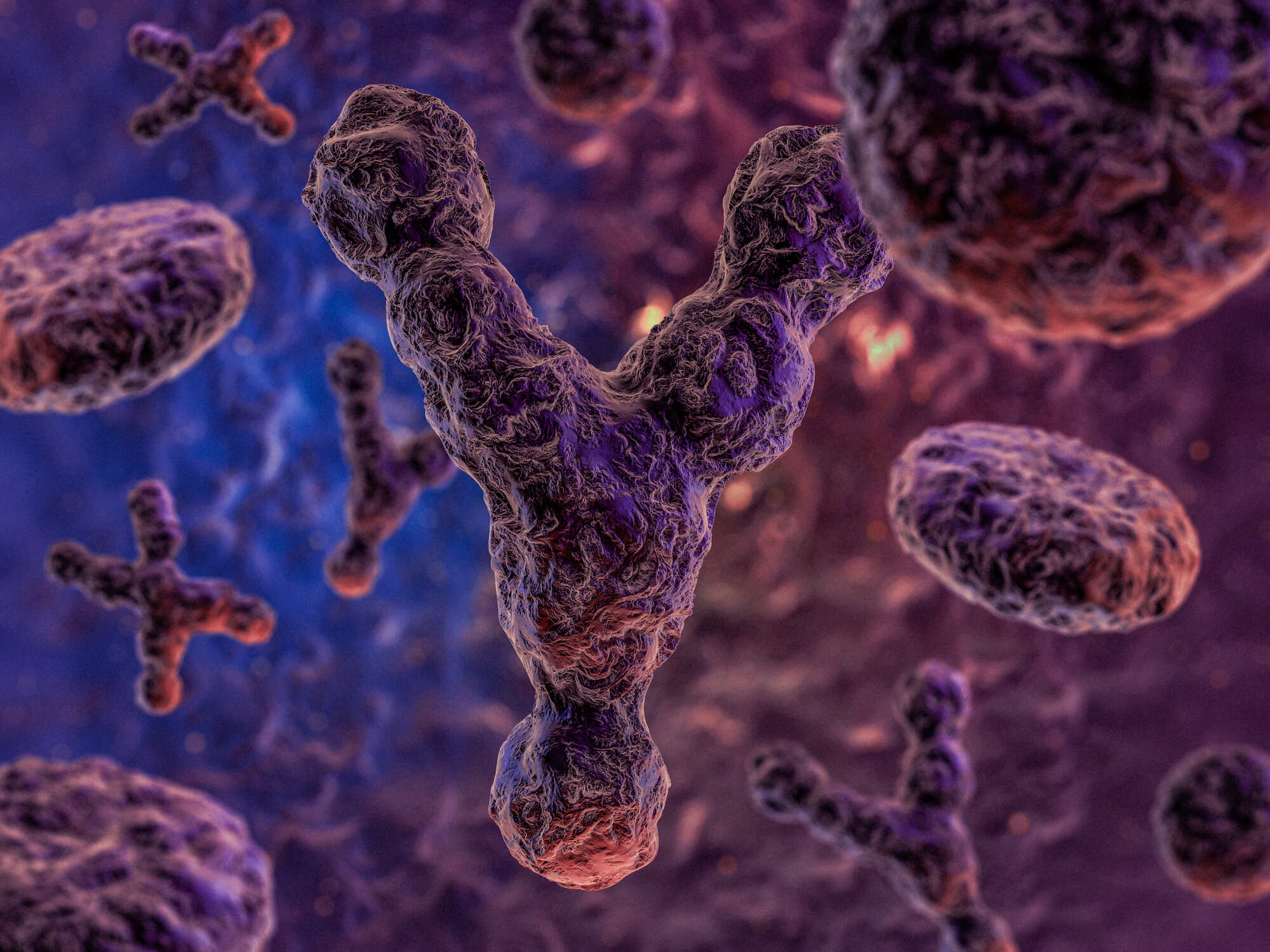
Partial deletion of the Y chromosome can sound like a complex topic, but it's actually quite fascinating. This genetic condition involves missing segments of the Y chromosome, which can lead to various health issues. Why does this matter? Because the Y chromosome plays a crucial role in male development and fertility. When parts of it are missing, it can affect everything from growth to reproductive health. Did you know that some men with this condition might not even realize they have it? Symptoms can range from mild to severe, making awareness and understanding essential. Curious about the details? Let's dive into 25 intriguing facts about this genetic phenomenon.
Key Takeaways:
- Partial deletion of the Y chromosome can cause male infertility, growth issues, and atypical sexual development. Genetic testing and counseling are important for understanding and managing the associated health risks.
- Ongoing research aims to better understand Y chromosome deletions and develop new treatments. The Y chromosome has unique characteristics and plays a crucial role in male development and reproduction.
What is Partial Deletion of Y Chromosome?
Partial deletion of the Y chromosome refers to the loss of a segment of genetic material from the Y chromosome. This can lead to various health and developmental issues, depending on the specific genes affected.
-
The Y chromosome is one of the two sex chromosomes in humans, the other being the X chromosome.
-
Males typically have one X and one Y chromosome, while females have two X chromosomes.
-
The Y chromosome is much smaller than the X chromosome and contains fewer genes.
-
Partial deletions can occur spontaneously or be inherited from a parent.
Health Implications of Partial Deletion of Y Chromosome
The health effects of partial deletion of the Y chromosome can vary widely. Here are some key points to consider:
-
Deletions can lead to male infertility due to the loss of genes crucial for sperm production.
-
Some deletions are associated with Turner syndrome, a condition affecting females where one of the X chromosomes is missing or partially missing.
-
Certain deletions can result in disorders of sex development (DSDs), where the development of sexual characteristics is atypical.
-
Partial deletions can also be linked to growth issues, such as short stature.
Genetic Testing and Diagnosis
Genetic testing can help identify partial deletions of the Y chromosome. This is important for understanding potential health risks and planning appropriate medical care.
-
Karyotyping is a common method used to detect chromosomal abnormalities, including deletions.
-
Fluorescence in situ hybridization (FISH) is another technique that can identify specific deletions on the Y chromosome.
-
Array comparative genomic hybridization (aCGH) can provide a more detailed analysis of chromosomal deletions.
-
Genetic counseling is recommended for individuals and families affected by Y chromosome deletions to understand the implications and options.
Treatment and Management
While there is no cure for partial deletion of the Y chromosome, various treatments and management strategies can help address the associated health issues.
-
Hormone replacement therapy may be used to address hormonal imbalances caused by deletions.
-
Assisted reproductive technologies, such as in vitro fertilization (IVF), can help men with infertility due to Y chromosome deletions.
-
Growth hormone therapy may be prescribed for individuals with short stature related to deletions.
-
Regular monitoring and medical check-ups are essential to manage and mitigate health risks.
Research and Future Directions
Ongoing research aims to better understand the implications of partial deletions of the Y chromosome and develop new treatments.
-
Scientists are studying the specific genes affected by deletions to determine their roles in health and development.
-
Advances in genetic editing technologies, such as CRISPR, hold potential for correcting genetic abnormalities in the future.
-
Research into the psychological and social impacts of Y chromosome deletions is also important for comprehensive care.
-
Collaboration between geneticists, endocrinologists, and other specialists is crucial for advancing knowledge and treatment options.
Interesting Facts about the Y Chromosome
The Y chromosome has some unique characteristics that make it a fascinating subject of study.
-
The Y chromosome is passed down from father to son, making it a useful tool for tracing paternal lineage.
-
Unlike most chromosomes, the Y chromosome does not undergo recombination with a partner chromosome during meiosis.
-
The Y chromosome contains the SRY gene, which is responsible for initiating male sex determination.
-
Despite its small size, the Y chromosome plays a crucial role in male development and reproduction.
-
The Y chromosome has been shrinking over evolutionary time, leading some scientists to speculate about its future.
Final Thoughts on Partial Deletion of Y Chromosome
Understanding the partial deletion of the Y chromosome sheds light on the complexities of genetics. This condition can lead to various health issues, including infertility and developmental disorders. It's crucial to recognize the symptoms early for better management and treatment options. Genetic counseling plays a vital role in helping individuals and families navigate these challenges.
Research continues to uncover more about this genetic anomaly, offering hope for improved therapies and interventions. Staying informed and proactive can make a significant difference in managing the effects of partial Y chromosome deletion.
By spreading awareness and supporting ongoing research, we can contribute to better outcomes for those affected. Remember, knowledge is power, and understanding these genetic intricacies can lead to more effective solutions and support for individuals facing this condition.
Frequently Asked Questions
Was this page helpful?
Our commitment to delivering trustworthy and engaging content is at the heart of what we do. Each fact on our site is contributed by real users like you, bringing a wealth of diverse insights and information. To ensure the highest standards of accuracy and reliability, our dedicated editors meticulously review each submission. This process guarantees that the facts we share are not only fascinating but also credible. Trust in our commitment to quality and authenticity as you explore and learn with us.
